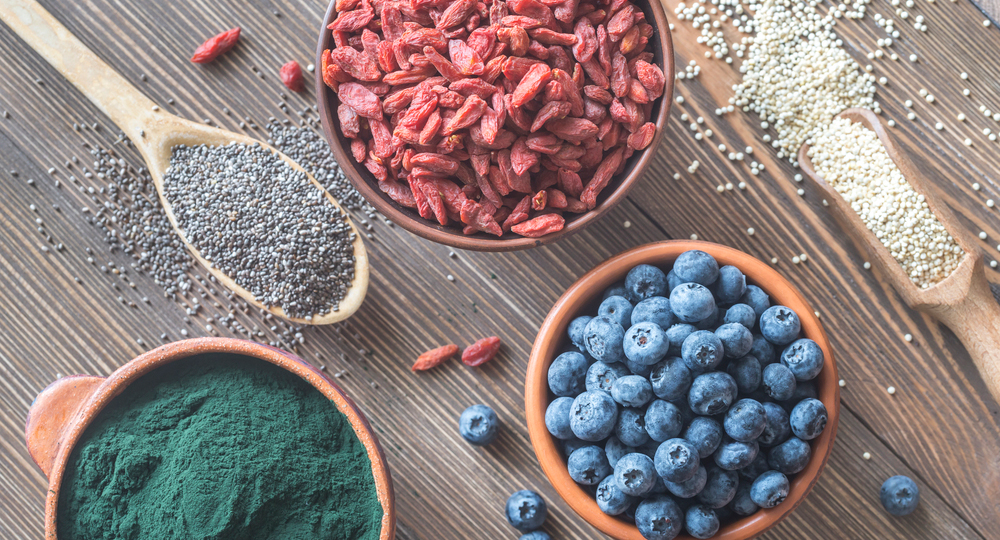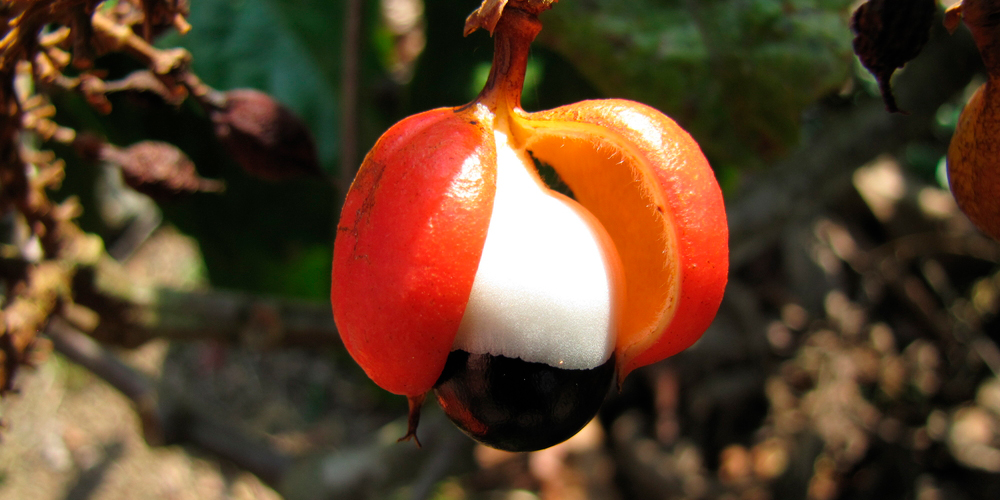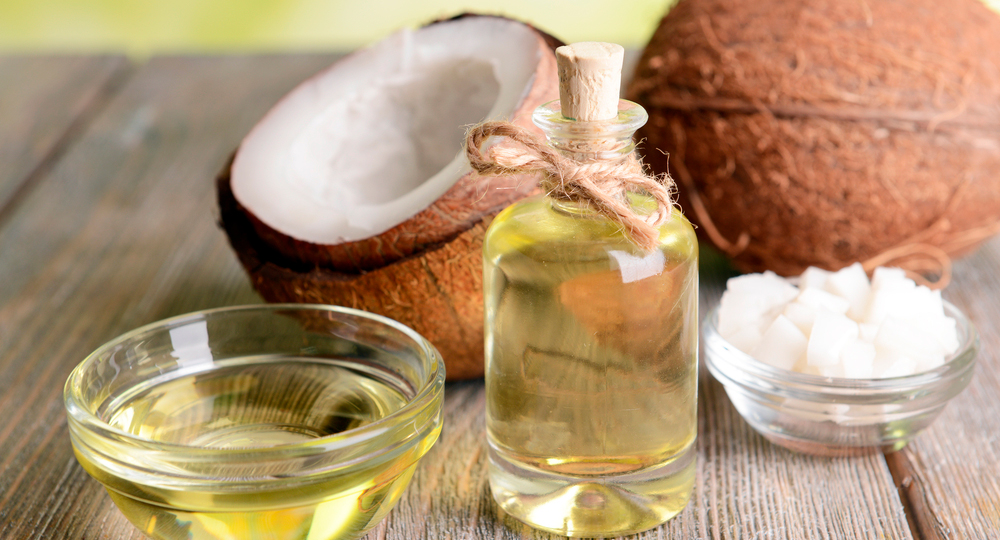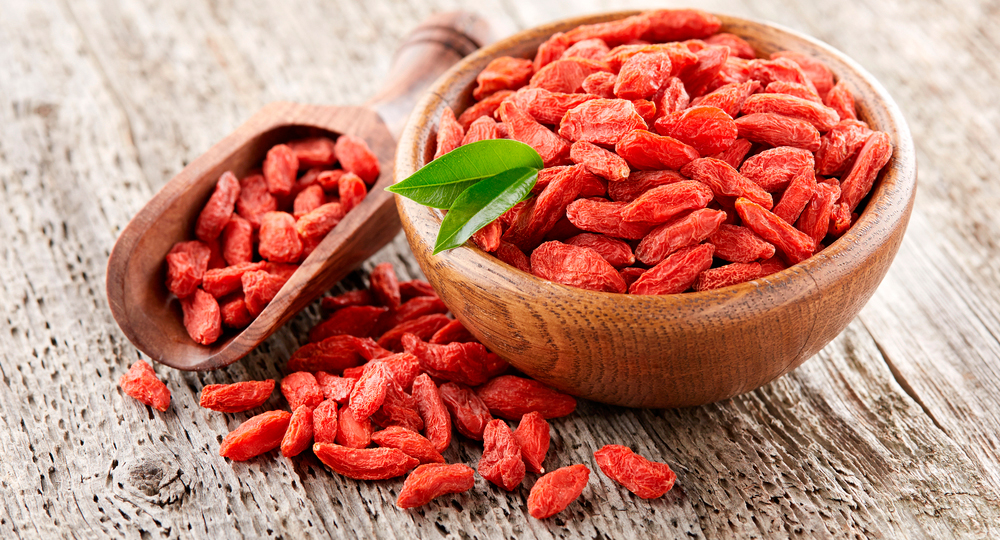
A couple of years ago all food was divided into two categories: normal and Superfoods. Since then, magazines and food blogs constantly there are reports about the incredible products that prolong youth, improve health and cure from all diseases. Sometimes “super-food” announced already familiar foods like buckwheat or blueberry, but more often the unknown berries and roots from the other end of the world. Chia, Goji, quinoa, guarana – all expensive, rare, and the taste is often “well that.”
Is the game worth the candle? What would happen if every day to eat superfudge? And if you do ignore them? Let’s deal.
What does this do for the concept?

In medicine the term “superfood” is not. Usually that word to mean foodwhich contains many vitamins, minerals, antioxidants and other Goodies. Something like supplements, only from the world of nature. But this definition is so vague, that in Europe even forbade the producers to put the word “”super “” on the packaging.
In General, the concept applies more to marketing than evidence-based medicine. Manufacturers Superfoods do not provide any scientific evidence of magic effect, but compensate with big words and legends. About Goji berries say that they eat Tibetan monks, and so live for 130 years. And about Chia seeds – the ancient Aztecs believed the source of superpowers.
And, of course, every self-respecting provider Superfoods will tell you that his product is grown in ecologically clean area of Asia, harvested by hand, washed with mountain water and then delivered to the store. All this should justify the higher price and to ignite interest in overseas product. Because buyers find it easier to believe in the magical properties of unusual Chlorella, not boring oatmeal.
Turns out this dummy?
No, in most cases, Superfoods are really useful. But you need to take them as ordinary food. Don’t expect miracles, don’t leave the salary in the store of organic food, don’t try to use them and be skeptical of the promises of marketers.
Coconut oil is really rich in vitamins a, E and C. But if you have it every day, increase the level of “bad cholesterol” and the risk of cardiovascular diseases.
Spirulina contains calcium, potassium, magnesium, iron, vitamin b, amino acids and many other nutrients. But there is no evidence that the body metabolizes them. A statement that the algae reduces the likelihood of diabetes and cures for depression, scientists generally denied.
Superfoods are sometimes more harmthan good: they often get to our supermarkets from afar, undergo no processing and are stored in non-sterile conditions. For example, green coffee is not roasted, so that all bacteria and germs remain on the grains.
So what to do?
Eat balanced and varied, not getting stuck on one product. Eat fruits, vegetables, whole grains, nuts, red fish – in General, to comply with all these banal and old as world the recommendations of nutritionists. A “super food” to include in the diet only if you really like her. In reasonable quantities and certified.
And it is advisable to give up bad eating habits. For example, something you do unconsciously, because they got you from Soviet times. What are these habits and how are they dangerous, read here.
